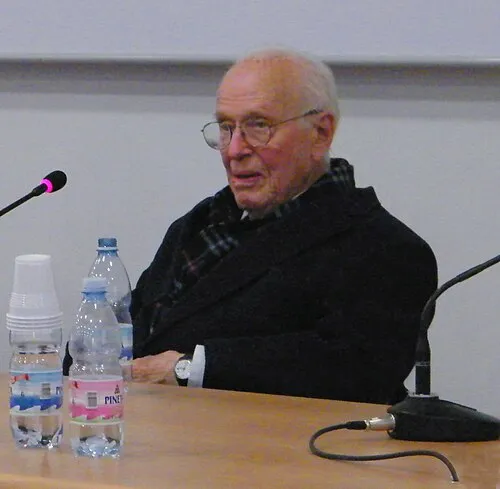
Name: Arvid Carlsson
Geburtsjahr: 1923
Nationalität: Schwedisch
Beruf: Pharmakologe
Auszeichnung: Nobelpreis für Physiologie oder Medizin 2000
Forschungsschwerpunkt: Neurotransmitter und deren Rolle bei Krankheiten
Arvid Carlsson: Pioneer of Neuropharmacology
Arvid Carlsson, born in 1923 in Sweden, is renowned for his groundbreaking contributions to the field of pharmacology, particularly in understanding the role of dopamine in the brain. His research has had profound implications for the treatment of various neurological disorders, including Parkinson's disease.
Early Life and Education
Carlsson was born on January 15, 1923, in Uppsala, Sweden. He pursued his medical degree at the University of Gothenburg, where he developed a keen interest in neuroscience and pharmacology. After completing his studies, Carlsson began his career focusing on the biochemical mechanisms of neurotransmission.
Major Discoveries
In the 1950s, Carlsson's most significant work emerged when he discovered the pivotal role of dopamine as a neurotransmitter in the brain. Although initially, serotonic systems were thought to be the primary contributors to mental health, Carlsson's research shifted the paradigm by highlighting dopamine's influence on mood, reward, and movement.
His extensive studies on the biochemical changes associated with Parkinson's disease led to the development of treatments that significantly improved the quality of life for patients. This includes the use of L-DOPA, a precursor to dopamine that can cross the blood-brain barrier, thereby compensating for the deficiency of dopamine in patients suffering from Parkinson's.
Awards and Recognition
In recognition of his contributions to science, Arvid Carlsson was awarded the Nobel Prize in Physiology or Medicine in 2000, an honor that solidified his legacy in the medical community.
Impact on Modern Medicine
Carlsson's research not only changed the landscape of neuropharmacology but also paved the way for the development of antipsychotic medications. His findings have influenced the treatment of schizophrenia and other mental health disorders, illustrating the crucial balance of neurotransmitters in human behavior and health.
Later Life and Legacy
Throughout his career, Carlsson continued to contribute to the field of neuroscience, advocating for research focused on neuropharmacology and its therapeutic applications. He became a professor at the University of Gothenburg, mentoring many students and researchers who would follow in his footsteps.
Today, Arvid Carlsson is remembered not only for his scientific achievements but also for his commitment to medical research and education. His work has laid the foundation for future research into neurotransmitters, depression, and neurological conditions, influencing how these illnesses are treated today.













